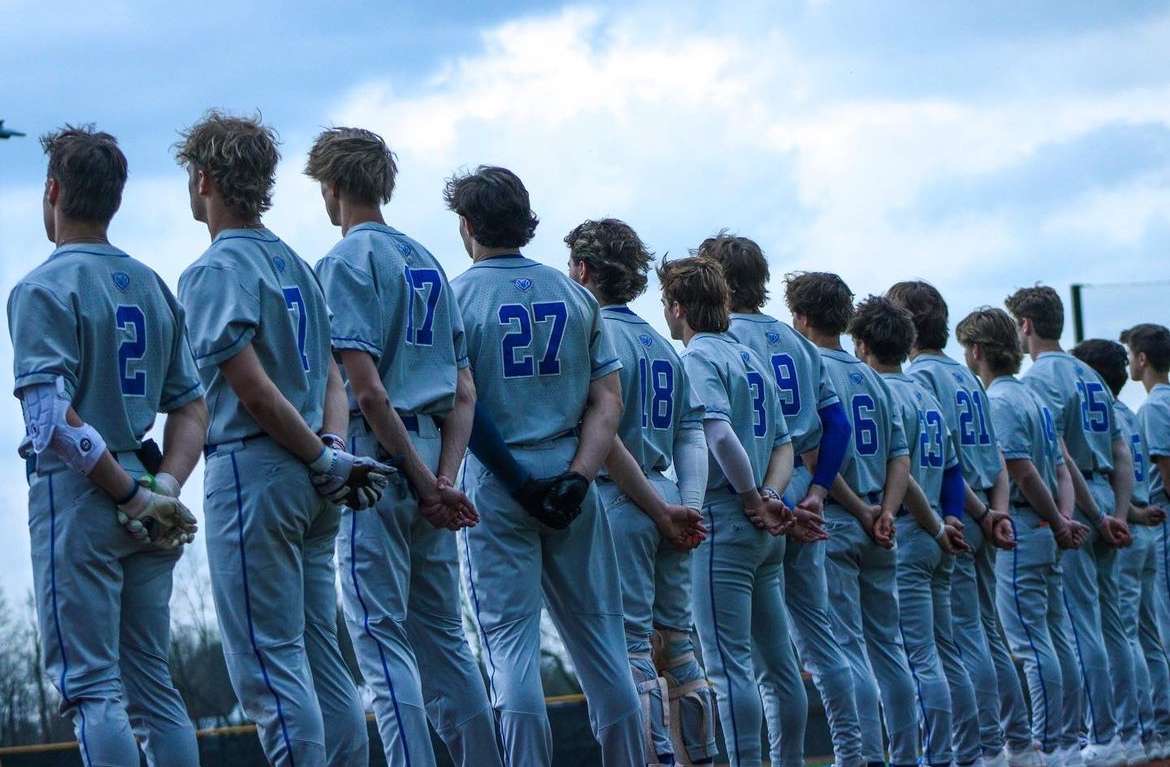When someone breaks an arm on the football field, coaches and players rush to console their teammate. Within minutes, an athletic trainer is on the field and the sirens of an ambulance are heard as every measure is taken to ensure that player receives the medical attention he needs for his injury to heal.
If a student’s nose starts bleeding profusely in the middle of class, the teacher does not hesitate to send her down to the nurse. A boy on crutches struggling to carry his books receives aid from his friends, who can see he’s struggling.
Society recognizes physical injuries. Schools provide assistance to students on crutches, with broken arms, in wheelchairs, etc. When an injury is clearly seen, it receives more attention and sympathy from witnesses.
When it comes to mental illnesses, injuries within the brain that are hidden from public eye, society tends to react differently. Although efforts to improve awareness of mental health and mental illnesses are constantly pursued, and the societal outlook continues to improve, there is still a noticeable difference between the way mental illness and physical injuries are treated.
Senior Ranvir Sandhu founded the club, Stigma Free HSE, as an effort to raise awareness for mental health at school and in the community.
“The way society, especially in Fishers, handles mental illness has gotten exponentially better,” Sandhu said. “But there’s still more work to be done. One thing I think we can do better is show support and love to people that do struggle. It’s OK to not be OK.”
The way society treats mental illnesses needs to change. Mental health is just as important as physical health but often disregarded due to the fact that mental health issues are often hidden, and unrecognizable on a person’s outer appearance.
“[Mental illnesses] are misunderstood because people don’t know [enough about them],” Sandhu said. “[Mental illnesses] receive some sympathy, but in the wrong ways. That person may be treated differently and that makes them feel even more alienated.”
It is time to stand up, as individuals, as a school and as a community to put an end to the negative connotations associated with mental illness. Anyone struggling with a mental illness, whether they are five or sixty-five years old, needs to know that they are not alone and that their illness matters as much as any physical illness or injury does. Lack of knowledge on a topic is not an excuse to treat people as if they are outcasts due to something they cannot control.
“Most of the time, when someone [struggling with mental illness] tells someone else, they freak out,” Sandhu said. “That puts that person in a position where they feel even more alone.”
The stigma attached to mental illnesses only makes it more difficult for the individuals who need the support from their family and friends. Just like you would comfort your friend with a broken arm, comfort your friend who is struggling with an internal battle, and work to end the negativity and misunderstandings surrounding mental illnesses.









